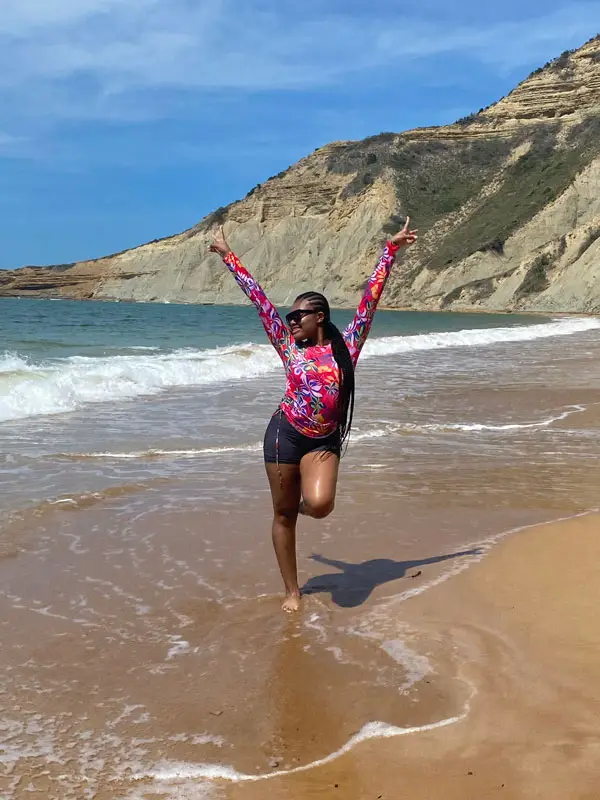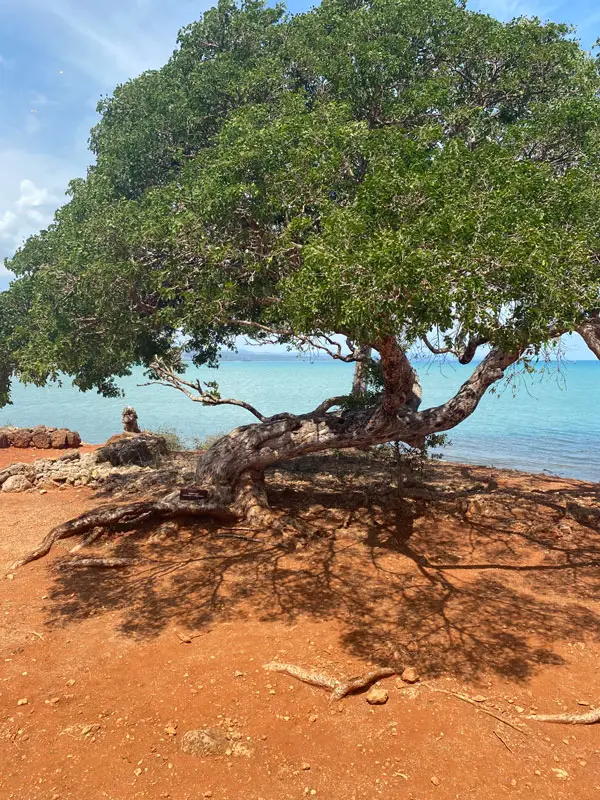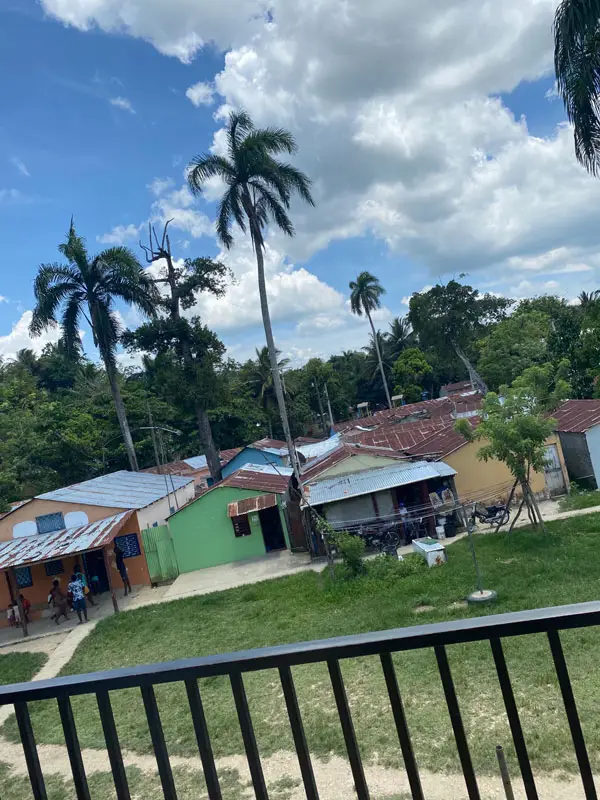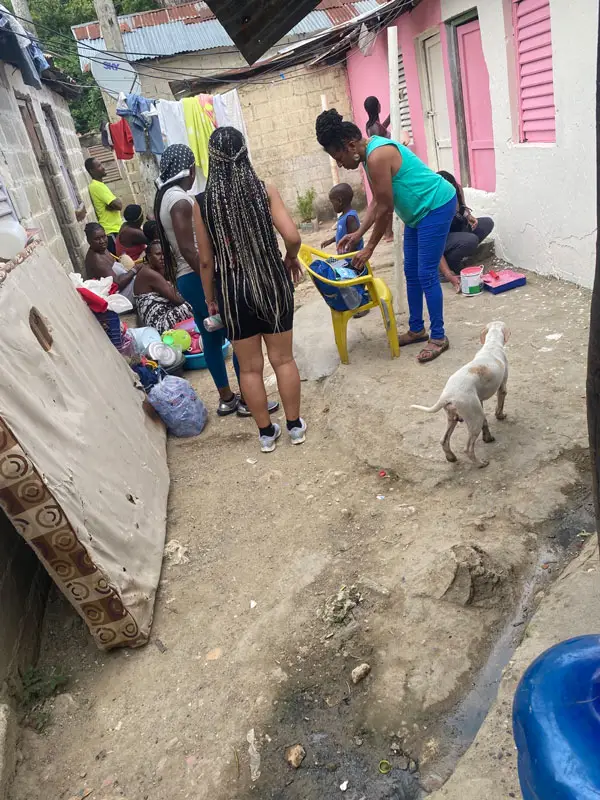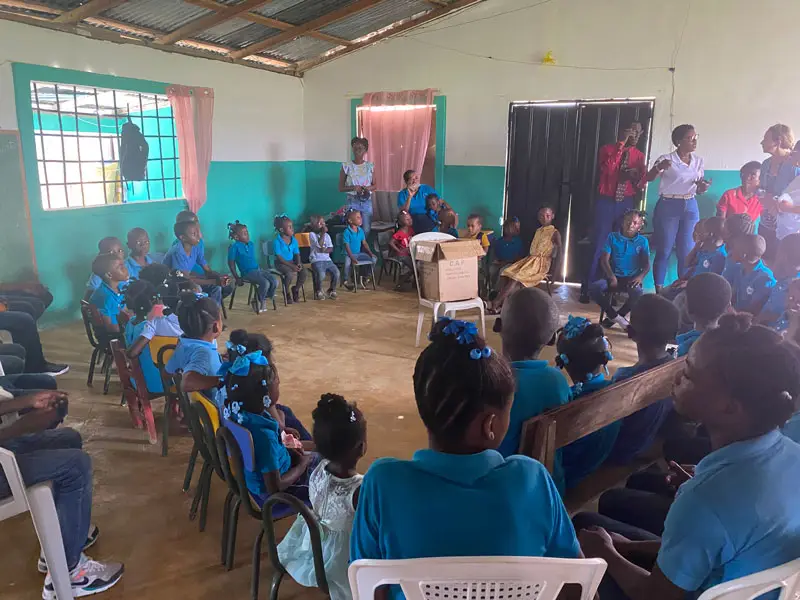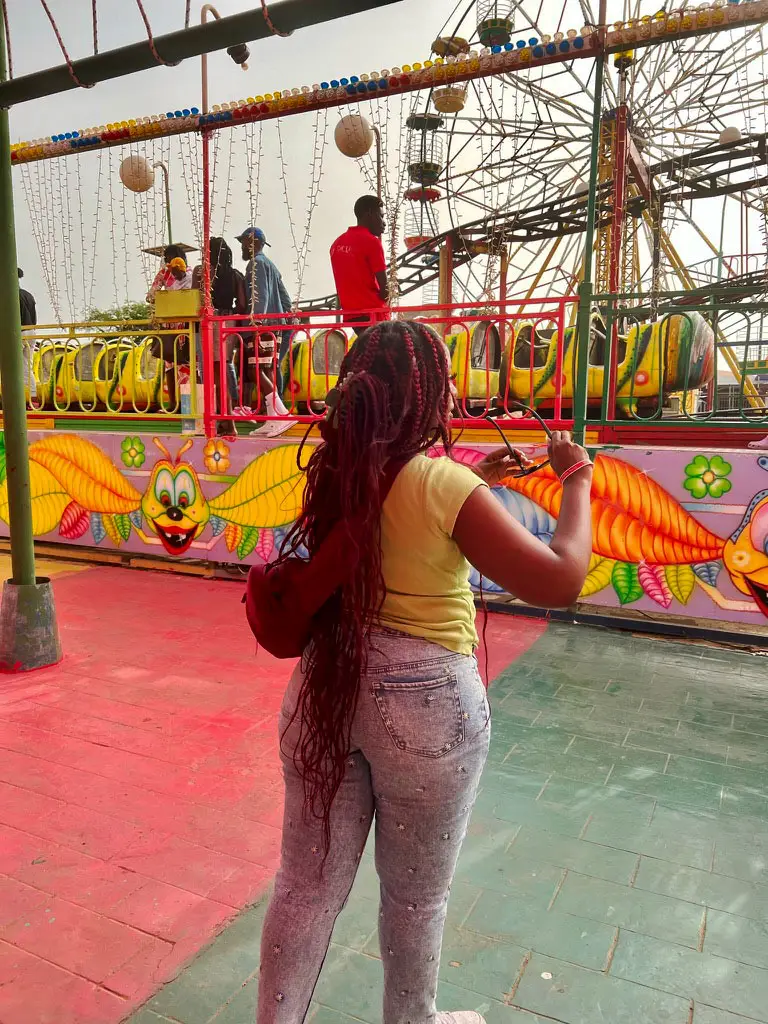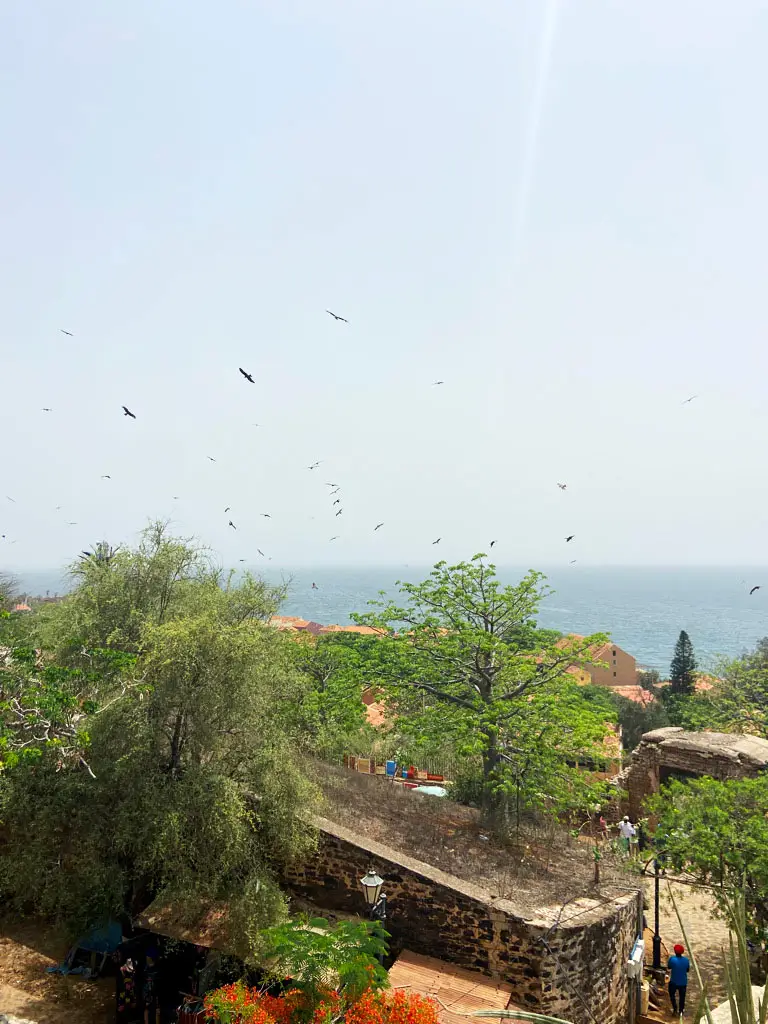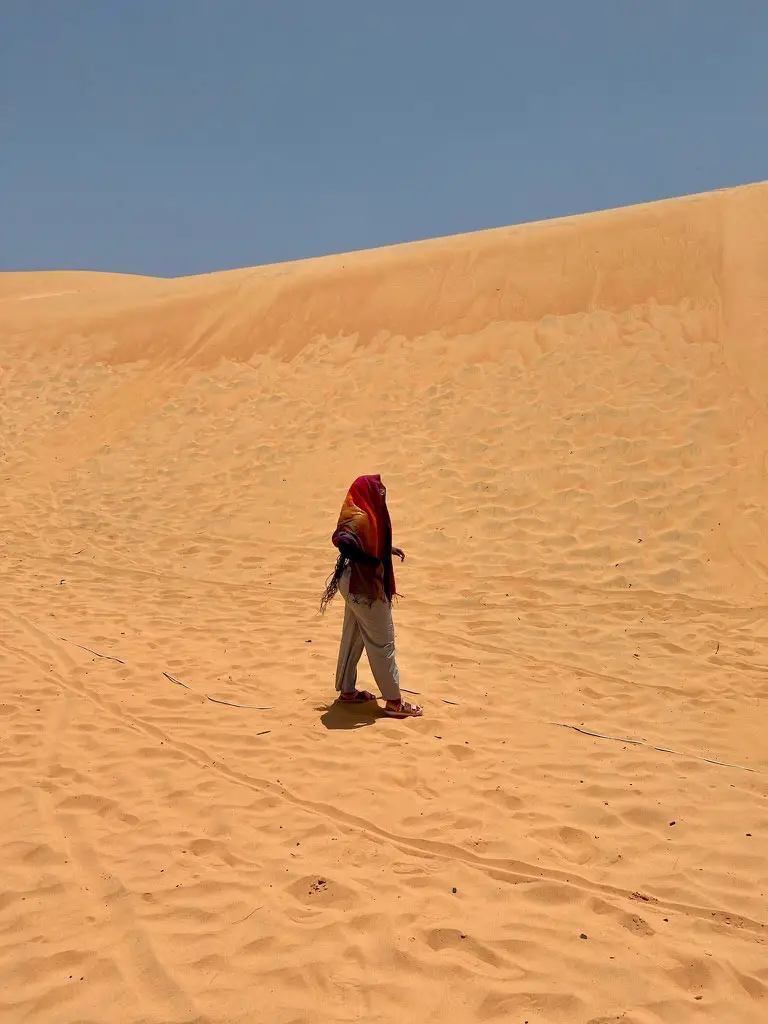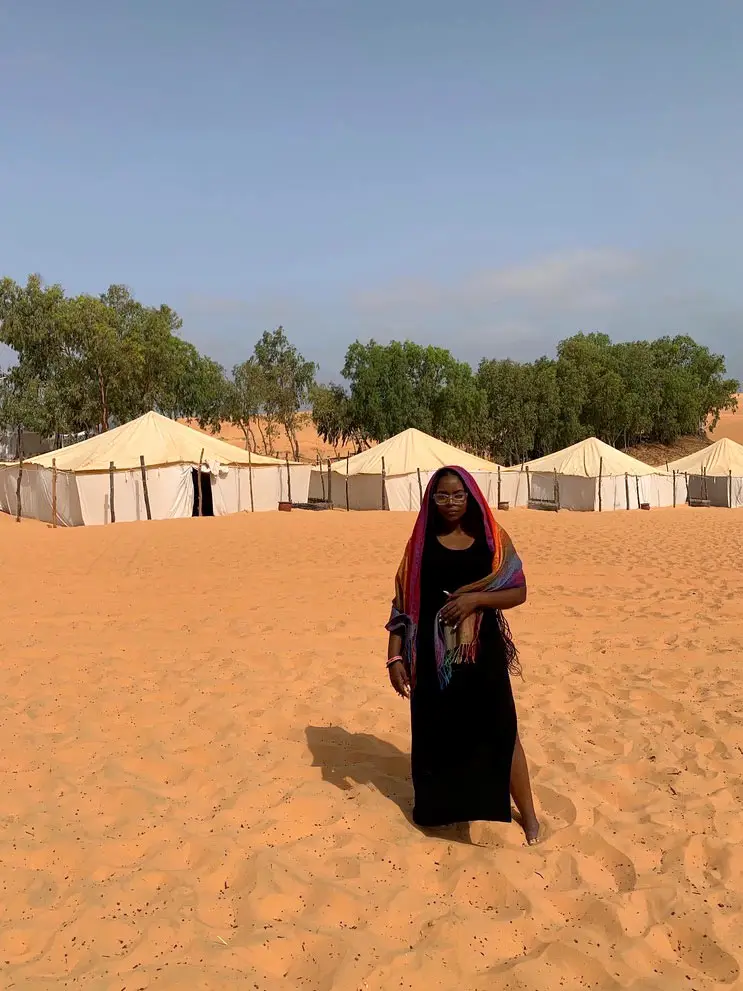Our developing new undergraduate curriculum “Black New Orleans: Crossroads of Africa and its Global Diasporas” uses New Orleans as a touchpoint for making connections between the African continent and its diasporas across the world. Centering the local as a lens for understanding the global, it understands New Orleans—a majority Black city whose cultural landscape is deeply indebted to the people of African descent and a location with a singular place in the history and culture of the diaspora—as a conceptual and comparative touchstone for academic inquiry far beyond the cities’ geographic boundaries. New Orleans’ proximity to the Caribbean and its cultural and historical ties with the African continent and the greater Atlantic world prompt us to look at Black experiences far beyond the city’s own borders to understand where these experiences overlap and echo, where they connect, and where they diverge, and what we can learn from these compelling instances of resonance and dissonance. This unique program brings a distinctive focus to Africa, both on its own terms and as part of its study of the broader diaspora, and we would be excited to offer accomplished majors and minors the opportunity to participate in a summer study abroad program to Africa that aligns with this curriculum. We are fortunate not to have to build this opportunity from scratch. The Study Abroad Office runs a program ideally suited for this purpose: Senegal & New Orleans, Atlantic Connections run by Annie Gibson and Carolyn Barber-Pierre.
Offering two scholarships per year for this experience to Africana Studies majors and minors who have completed their sophomore year and meet certain academic criteria (e.g. completion of a certain number of credits, minimum GPA, faculty reference, etc.) would provide our students with an invaluable opportunity that many could not otherwise afford. Having the unique opportunity to earn credit through experience and study in Africa built into a Tulane undergraduate program would clearly demonstrate the University’s commitment to center diverse experiences in its curricula and encourage applications from prospective BILAPOC students. One ASP faculty affiliate will join the trip in Y 1 and Y3 of the program, and the post-doctoral scholar will join the program in Y2. Their participation will not only facilitate our evaluation of the initiative but will provide participating faculty with invaluable experiential learning that they can bring back to the ASP community and classroom.
Scholarship Requirements:
- Be a registered Tulane student while participating in the Study Abroad program.
- Be a fully declared Africana Studies Major/Minor.
- Hold a minimum 2.25 cumulative GPA throughout the academic year.
- Be in good standing with the University Office of Student Conduct.
- Attend any required Study Abroad meetings as designated by the Study Abroad program.
Testimonials
Here are some anecdotes of past attendees of their Study Abroad Trip experience:
Summer 23 - Summer in the Dominican Republic: Race, Migration and Identity
Marneisha K. Gilmore (she/her)
Tulane University | Class of 2025
B.A. Candidate Sociology, Social Policy & Practice Majors, & Africana Studies Minor
This summer, I got the opportunity to study abroad in the Dominican Republic. Originally I wanted to participate in this study abroad because my great grandmother was part Haitian and Dominican and because she passed away when my grandmother was young we don’t really know our family history so I thought I’d be able to gain that knowledge by going to the Island of Hispaniola myself. This study abroad experience exceeded my goals being that I ended up facing my fears along with learning about why the social climate of Haiti and the Dominican is so tense. The value of this experience was both personal and academically enriching. This trip helped me realize the career path I want to take after I graduate, working at a non-profit organization for youth, those less fortunate, and fighting for justice/ equal opportunities for them. There were a few powerful moments for me on this trip including going into the Batey community and painting houses and going into the school and dancing with the kids and then gifting them new notebooks. Being around some of the Haitian people being affected by the tense social climate and seeing how they are getting by made me only sadder for those on the Haitian side of the border that we weren’t able to see. Going on this study abroad experience, the locals that we talked to all explained to us that the Dominican Republic as a whole is okay with being under Spanish rule but their independence is recognized as being from Haiti, their next door neighbors. I personally assumed their independence was from the Spanish rule but that had taken over their country centuries before that but they were just worried about Haiti, once the most powerful black nation that has since fallen tremendously due to US and other countries propaganda and not wanting to share/ trade resources. I have learned so much about my families cultural and still have more questions about it because I truly wonder how my Great grandparents got together being on opposite sides of the border and with the social climate being the way that it is, although it was a bit more lenient rule wise with being born on Dominican soil and Haitian soil. I 100% recommend this experience to other students, Ms. Annie and Ms. Carolyn gives us opportunities to really go into the communities and learn from the locals' perspectives instead of just having a tourist's point of view of their lives.
Summer 22 – Senegal & New Orleans, Atlantic Connections
Raven C. Ancar (she/her)
Tulane University | Class of 2022
B.A. Candidate Sociology Major & Africana Studies Minor
I think the biggest takeaway for me when I was traveling through Dakar and St. Louis was my homestay. My host grandmother made me feel like I was a part of her family. We both cried when I left the airport. I feel like another takeaway was the cultivation of identities that make up who I am. Realizing that I’m a black woman, who’s Creole, who grew up speaking English and French, and many other parts of me became very salient. It was interesting to see how the performance of my identity changed based on my environment. I feel like my most salient identity when I was walking through the streets of Dakar was my gender and my nationality. I feel like I was hyper-aware of my gender and being American and I never felt the intersection of those identities as powerful as I did in the city. I think it’s mostly because I’m a Christian and I didn’t wear a hijab so when I was walking through the streets the first thing people would see is that and then when they were closer, to see that I was American. I was able to explore those identities and feel safe while doing it. I was able to connect with other women and Senegalese students that I met on campus and I realize how similar our lives are in that we live halfway across the world. We all crave growth, love, longevity, and jot. At first, I was very apprehensive about fitting in because I feel like often times black Americans still feel like because of the forced labor and transportation through the Transatlantic Slave trade, we really don’t have any connection to the continent. However, as soon as I stepped into Dakar, it felt like home: the architecture, the languages of French. I’m forever grateful to the office of Africana studies for giving me the opportunity to create those memories and those friendships that will last for the rest of my life.
Applications open in Spring for Summer 2024 Study Abroad.
Have a question or need any help regarding any of our programs? Contact Africana Studies at africana@tulane.edu.


